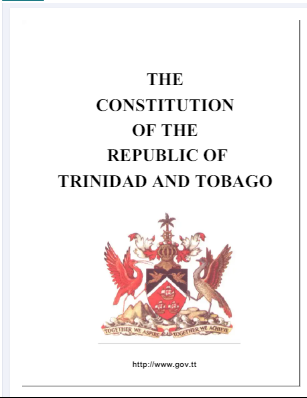In a move that has stirred national discussion, Kamla Persad-Bissessar, following her recent return to office as Prime Minister of Trinidad and Tobago, took her oath of office on the country’s Constitution rather than the Bible—a decision that, while entirely legal, marks a notable departure from long-standing tradition.
Although the law does not mandate the use of any religious text during the swearing-in process, most past leaders have chosen the Bible, reflecting the country’s Christian colonial legacy. Persad-Bissessar’s choice to swear solely on the Constitution has been widely interpreted as a powerful statement about the role of secular governance and the primacy of constitutional law.
Legal scholars and commentators have noted that this act aligns with the core democratic principle that the Constitution is the supreme law of the Republic—above all religious texts and traditions. Trinidad and Tobago is a secular state, and the Constitution is designed to represent and protect all citizens equally, regardless of religious belief.
This decision raises broader questions about the evolution of political symbolism in the Caribbean. Why, despite the legality of using the Constitution alone, have previous leaders never opted to do so? Observers suggest that it may reflect a deeply entrenched cultural expectation that equates leadership legitimacy with religious affirmation, even when such practices are not required by law.
Persad-Bissessar’s action may signal a growing recognition of the need to separate religious ritual from public duty, reinforcing the idea that governance should be rooted in law, not belief. While the gesture was subtle, its implications are far-reaching. It invites renewed national conversation about the role of tradition, the influence of religion on public life, and the importance of constitutional authority in a modern democratic society.
Whether others will follow this precedent remains to be seen. However, it is clear that Persad-Bissessar’s symbolic affirmation of the Constitution over any holy book has already sparked meaningful reflection on leadership, identity, and national values in Trinidad and Tobago.

